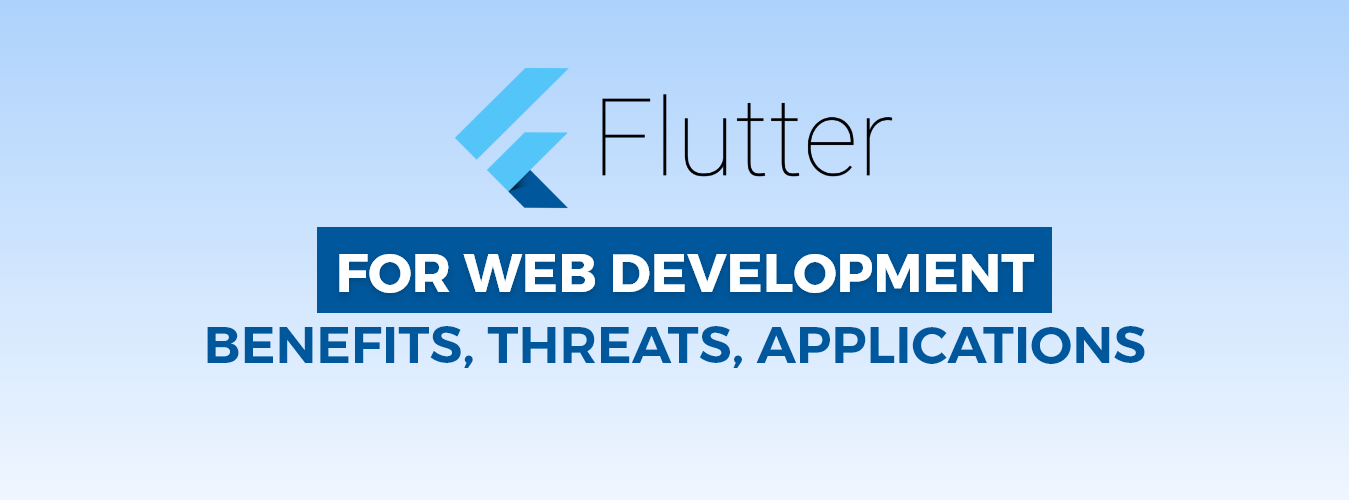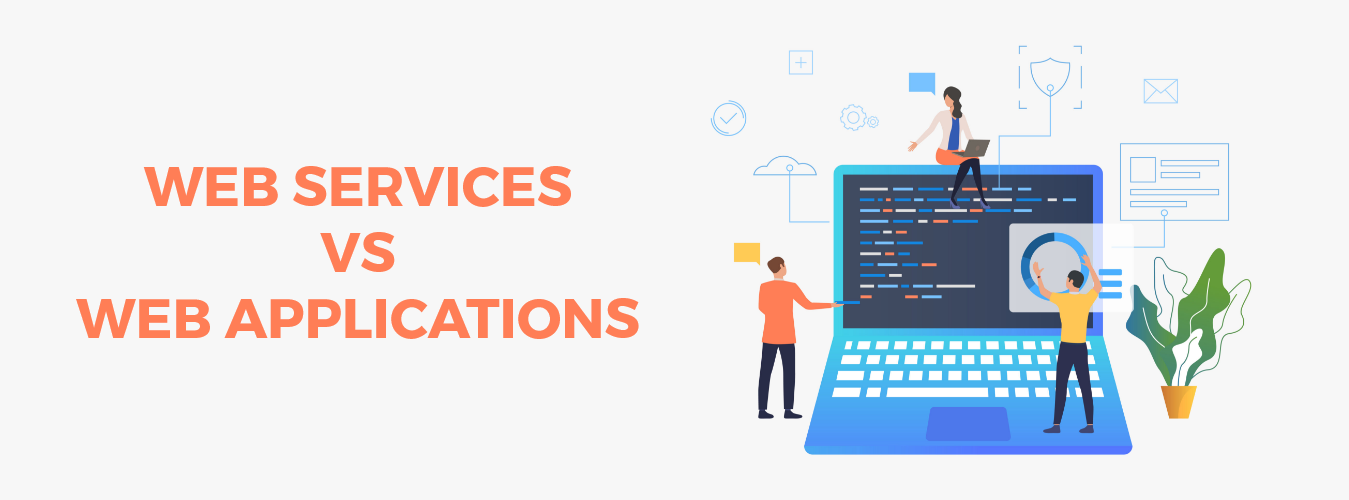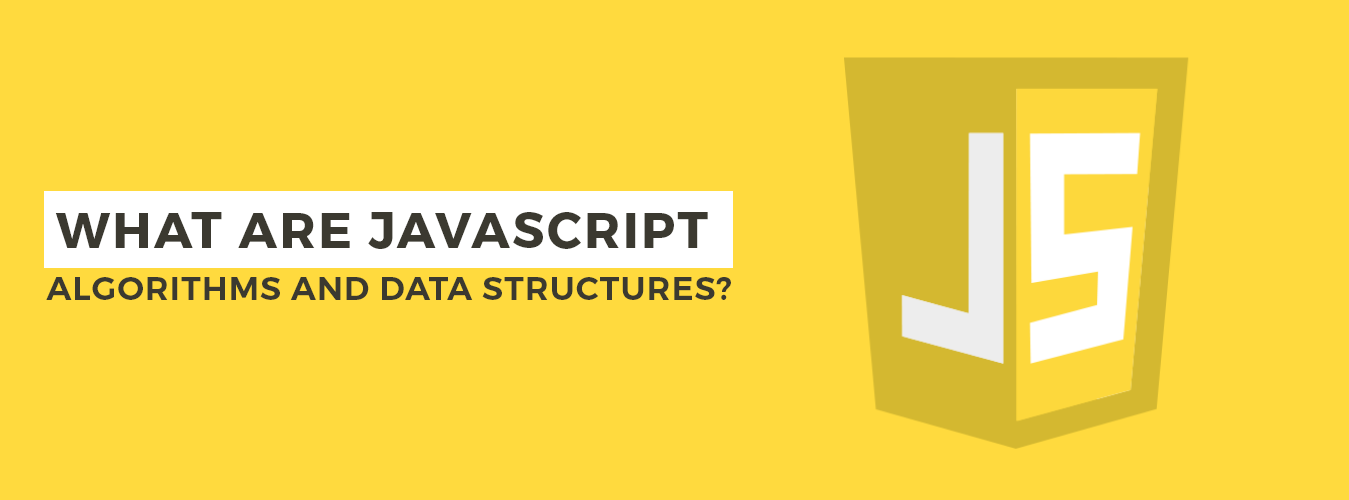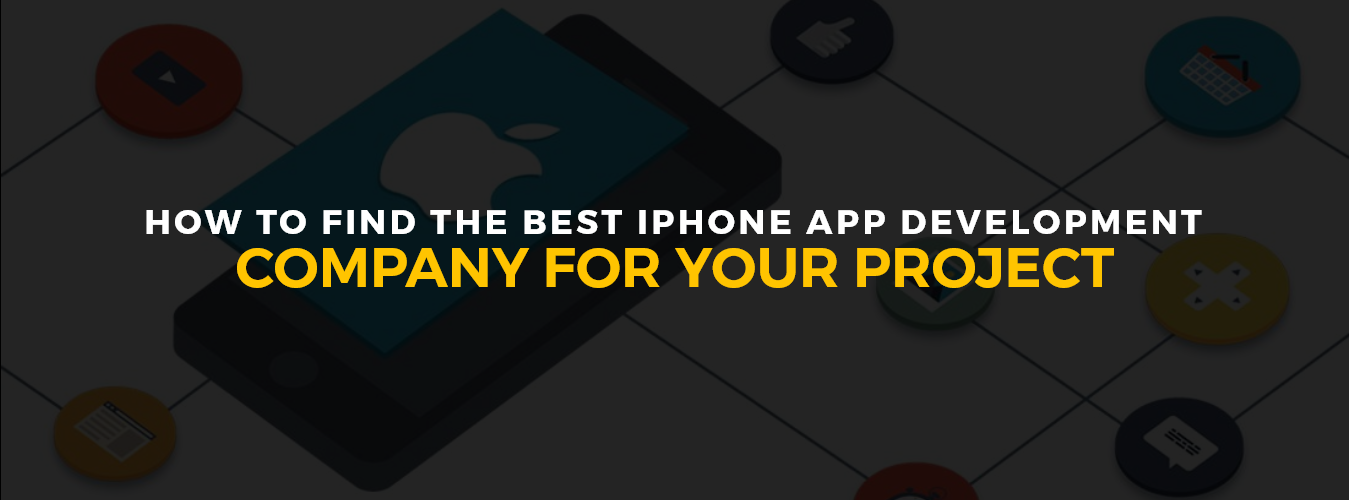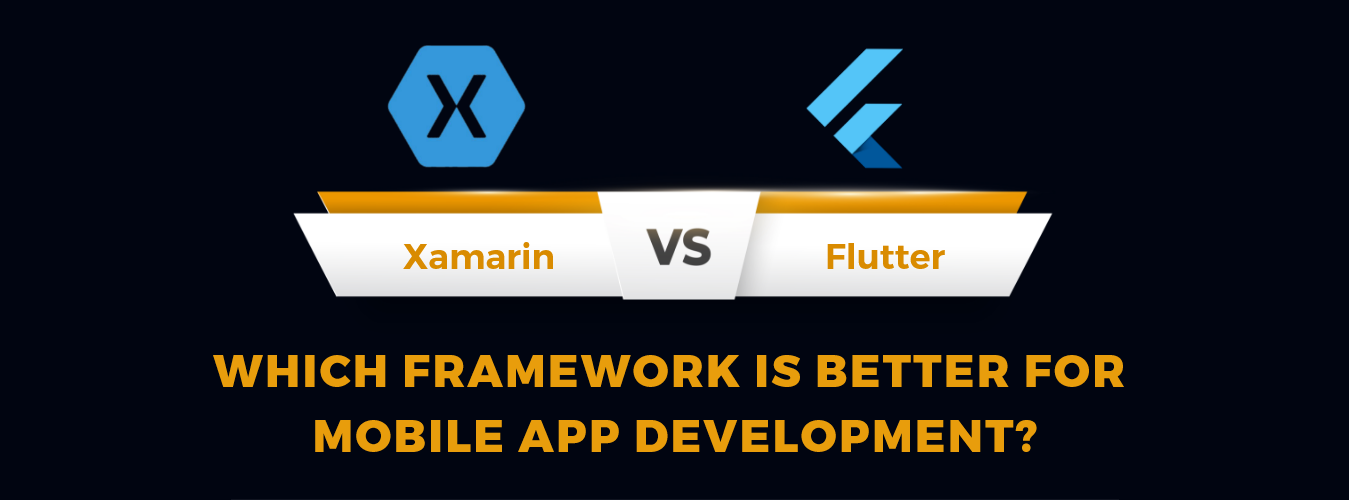Overview
Flutter is a Google-developed open-source UI toolkit for creating stunning, natively-built mobile, web, and desktop applications from a single codebase. With Flutter, web application development company can use their existing abilities to create web experiences using the same code they use to create mobile apps.
However, you must be aware of this new technology’s advantages and potential risks and how they could affect your workflow and end product before implementing Flutter for your upcoming web project. This article will examine Flutter’s functionality, its benefits over conventional web frameworks, adoption issues you can encounter, and examples of actual web applications created using Flutter. With this knowledge, you can decide whether Flutter is the best option for your upcoming web development project.
Crafting Your Ideal Mobile App/Experience Starts Here!
Ready to elevate your business? Your custom app is just a click away.
Yes Let’s goThe Benefits of Flutter for Web Development
Flutter, Google’s open-source UI toolkit, offers several benefits for web development.
Cross-platform Capability
Flutter allows you to build mobile, desktop, and web apps from a single codebase. This can save significant time and resources.
Fast Development
You may see the results of your modifications right away, thanks to Flutter’s hot reload functionality. Faster development cycles and a more effective workflow are the results of this iterative process.
Beautiful UIs
With the help of Flutter’s comprehensive collection of pre-built widgets, you can create beautiful user interfaces that follow the newest design trends. The widgets are also editable, providing total control over the user interface.
Open-Source
Flutter is free and open-source, supported by Google, and offers a burgeoning developer community and resources to aid you in your endeavours.
Dart-Based
Flutter uses the Dart programming language, which is easy to learn and enables fast compilation of native code.
While Flutter shows a lot of promise for web development, there are some potential downsides to consider:
Still Maturing
Despite being production-ready, Flutter for the web is still a developing framework. Some features are still in testing, and there may be breaking changes.
Limited Libraries
Fewer libraries and packages are available, comparing the Flutter ecosystem to more established web frameworks. The catalog is expanding quickly, though.
SEO Challenges
Fewer libraries and packages are available, comparing the Flutter ecosystem to more established web frameworks. The catalog is expanding quickly, though.
Flutter is a compelling choice for building cross-platform web applications. With its many benefits and active development, Flutter has the potential to become a major player in web development.
Also Read: Build a Flutter Web App
Overcoming the Threats and Challenges of Flutter Web
It’s critical to go through some of the risks and difficulties associated with Flutter to utilise its advantages for web development fully.
Since Flutter Web is still in its infancy, new web standards may cause compatibility problems for the framework. Additionally, Flutter Web only partially supports WebGL, WebRTC, and WebAssembly-specific technologies. The Flutter team is working hard to address difficulties and provide more web support.
The size of the Flutter app presents another difficulty. The size of a simple Flutter web app, which affects load speeds and SEO, might exceed 5MB. You can reduce this by:
- Enable tree shaking to remove unused code.
- Use route-specific code splitting to lazy load pages.
- Compress and minify files.
- Cache assets to avoid re-downloading them.
Additionally, Flutter Web lacks strong accessibility support. The community is working to increase accessibility because the Flutter web does contain the building blocks needed to construct accessible apps. You must include support for screen readers, keyboard navigation, and other assistive technologies if accessibility is crucial to your project.
Even though Flutter Web is still in its infancy, many of the difficulties can be overcome or are being actively worked on by the Flutter team and community. Flutter Web is positioned to dominate cross-platform web development thanks to its robust framework and extensive ecosystem of packages. You can create robust web apps using Flutter by being aware of its current limits and following its development.
Flutter Web Apps: The Next Generation of Web Applications
Flutter Web Apps: The Next Generation of Web Applications
Cross-Platform Development
With Flutter, you can create stunning native apps for iOS and Android using a single codebase. You can now compile that same codebase to run as a web app thanks to Flutter for web. This translates to shorter development cycles and simpler cross-platform app maintenance.
High Performance
Flutter web apps are JavaScript-compiled and run directly in the browser. This leads to a natural feeling, a highly performant online experience. Your animations and interactions will be fluid since Flutter also uses a rendering technology created for high frame rates.
Modern User Interface
You can create stunning user interfaces with Flutter’s cutting-edge technology. Building layouts and interfaces is a breeze thanks to the extensive library of pre-built widgets provided by the Flutter framework. To create a captivating user experience, employ animated and interactive effects, beautiful typefaces, and more.
Progressive Web App Features
Web apps for Flutter support key Service workers, caching, push notifications, and installability are examples of aspects of Progressive Web Apps. This enables you to create online applications with the same functionality as native mobile apps.
Open Source
Web application development company worldwide use Flutter and the Flutter framework, which is open-source and free. You can make custom widgets or use those offered by the Flutter community because the framework is extensible.
In conclusion, Flutter for web development enables you to use the Flutter framework’s advantages to create excellent, cross-platform online applications. You can reach people on iOS, Android, and the web with a single codebase and provide them with a native app experience on each platform. Multi-platform app development is the way of the future, and Flutter tries to make it as easy and effective as possible.
How Flutter Compares to Other Frameworks
Flutter is a popular open-source framework for building native mobile apps using a single codebase. How does it compare to other major frameworks for web development?
Cross-platform capabilities
Flutter enables you to create apps for both iOS and Android using a single codebase, in contrast to React Native, which mandates that you create separate apps for each platform. As a result, development time and expenses are drastically cut.
Native Feel
Because Flutter employs native widgets for each platform, apps created with it have a truly native feel. Compared to hybrid frameworks like Ionic and Cordova that render web views, this offers a superior user experience.
Hot Reload
Flutter offers a fast development cycle with a stateful hot reload, allowing you to see the effects of changes to your code quickly. This speeds up development and debugging.
Growing Ecosystem
The Flutter ecosphere is quickly growing. You can use a variety of high-quality packages, resources, and tools to build apps with Flutter. The framework also has Google’s support, so it will be updated and enhanced over time.
Being a more recent framework, Flutter still has several drawbacks in comparison to older web frameworks:
- The tooling and ecosystem are not as mature as React Natives.
- There are fewer Flutter developers, so hiring Flutter talent may be more difficult.
- Flutter focuses mainly on mobile apps, so it may not be ideal for complex web applications.
In summary, Flutter is an excellent choice if you want to build high-quality native mobile apps for both Android and iOS. React remains the most popular framework for web development, but Flutter is worth considering, especially as it continues to evolve.
The Future of Flutter Web: What to Expect
Flutter for web development has a promising future with many new features and capabilities. As the framework matures, we can expect the following enhancements:
Improved Web Support
Flutter will continue expanding web support to match native platforms. This includes:
- It increased browser compatibility. Flutter web runs on Chrome, Firefox, Safari, and Edge, but will likely add more browsers.
- Access to more web-specific features like geolocation, web payments, and push notifications.
- Integration with popular web frameworks like React to allow Flutter code to be embedded in existing web apps.
Desktop Support
Flutter will eventually support desktop operating systems like Windows, macOS, and Linux. This will allow developers to build native desktop apps using the same Flutter codebase for mobile and web.
Also Read: What is a Web App Developer?
Additional Packages and Integrations
The Flutter ecosystem will grow exponentially with the following:
- More third-party packages for common use cases. Things like authentication, networking, database access, etc.
- Tighter integration with other Google products. For example, Google Maps, Google Ads, Google Analytics, etc.
- Support for other languages through Flutter bindings, e.g., Kotlin, and Swift.
Improved Tooling
The Flutter tooling and SDK will continue improving to enhance the web application development company experience. We can expect the following:
- Faster build times, hot reloads, and compilation.
- Refined IDE plugins and extensions. The Flutter IntelliJ and VS Code plugins will gain more features.
- Additional debugging and profiling tools to build higher-quality apps.
- Better documentation and learning resources to help new developers get started with Flutter.
Flutter web development appears to have a bright future. For creating stunning, natively built apps for mobile, web, and desktop from a single codebase, Flutter has a promising future. With a growing ecosystem, new capabilities, and improved tools, the framework will only improve over time.
Conclusion
The future of Flutter on the web appears promising. As you can see, Flutter has many web development advantages, such as a single codebase, extensive UI components, and quick development. Threats, including a lack of SEO support and performance concerns for low-end devices, should be considered, though. Flutter, however, can be a fantastic option for developing web applications in many use cases. It deserves serious attention if you need to create an interactive online experience, wish to use existing Flutter code, or need to release an MVP soon. Flutter has the potential to play a significant role in web development even though it is still developing.
Crafting Your Ideal Mobile App/Experience Starts Here!
Ready to elevate your business? Your custom app is just a click away.
Yes Let’s go
